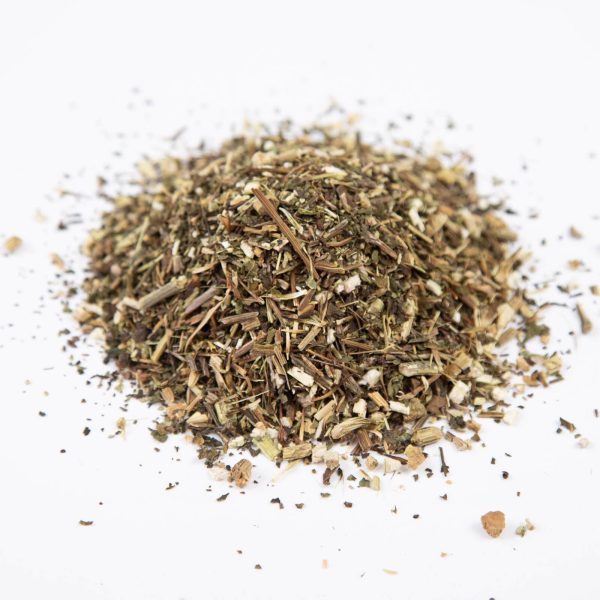Latin Name: Echinacea purpurea Family: Asteraceae Other Names: Narrow-Leaf Coneflower, Purple Coneflower, Black Sampson, Sampson Root, Hedgehog, Snakeroot, Scurvy Root, Indian Head and Comb Flower. Echinacea purpurea herb is a North American species of flowering plant in the sunflower family. Native to parts of eastern North America, as well as in the Canadian Province of Ontario, it is most common in the Ozarks and in the Mississippi/Ohio Valley. Its habitats include dry open woods, prairies and barrens. It’s a traditional herb also known as the Purple Cone Flower. Named for the prickly scales in its large conical seed head, which resembles the spines of an angry hedgehog (echinos is Greek for hedgehog).
| Price | £3.00 |
| Weight: | 50 g |
Description
Properties:
- Anti-Inflammatory
- Antioxidant
- Antibacterial
- Antifungal
- Antiviral
- Mosquitocidal
Benefits:
Several laboratory and animal studies suggest that echinacea contains active substances that boost immune function, relieve pain, reduce inflammation, and have hormonal, antiviral, and antioxidant effects. For this reason, professional herbalists may recommend echinacea to treat urinary tract infections, vaginal yeast (candida) infections, ear infections (also known as otitis media), athlete’s foot, sinusitis, hay fever (also called allergic rhinitis), as well as slow-healing wounds.
- Septicaemia
- Boils
- Conditions of the upper respiratory tract
- Tonsillitis
- Laryngitis
- Septic sores and cuts
- Bladder infections
- Cystitis
- Wound healing
- Skin repair, cuts and burns
General Use:
- Echinacea purpurea has been used for centuries to aid immunity and is among the most widely used in herbal medicines. It is traditionally used to treat cold and flu symptoms.
- It can be consumed in a number of ways, including as a herbal tea or in a tablet.
- Archaeologists have found evidence that Native Americans may have used echinacea for more than 400 years to treat infections and wounds, and as a general “cure-all.”
- Throughout history people have used echinacea to treat scarlet fever, syphilis, malaria, blood poisoning, and diphtheria.
- Today it is used to shorten the duration of the common cold and flu, and reduce symptoms, such as sore throat (pharyngitis), cough, and fever.
- Many herbalists also recommend Echinacea to help boost the immune system and help the body fight infections.
- Can be used as a cream or ointment for slow-healing wounds.
Equine and Animal Supplement:
- Echinacea is believed to act as a blood tonic for supporting weak or brittle horses’ hooves.
- It’s widely used as a pre-winter immune booster or to aid recovery after illness.
- It is also is an excellent support for infection resulting from abscesses, wounds or respiratory illness.
Cautions:
- For most adults, short-term oral (by mouth) use is probably safe; the safety of long-term use is uncertain.
- Although some preliminary research has been done; the safety of use during pregnancy or while breastfeeding remains uncertain.
- The most common side effects are digestive tract symptoms, such as nausea or stomach pain.
- Some people have allergic reactions to echinacea, which may be severe. Some children participating in a clinical trial of echinacea developed rashes, which may have been caused by an allergic reaction.
Current evidence indicates that the risk of interactions between echinacea supplements and most medications is low.

Review Echinacea 50g.